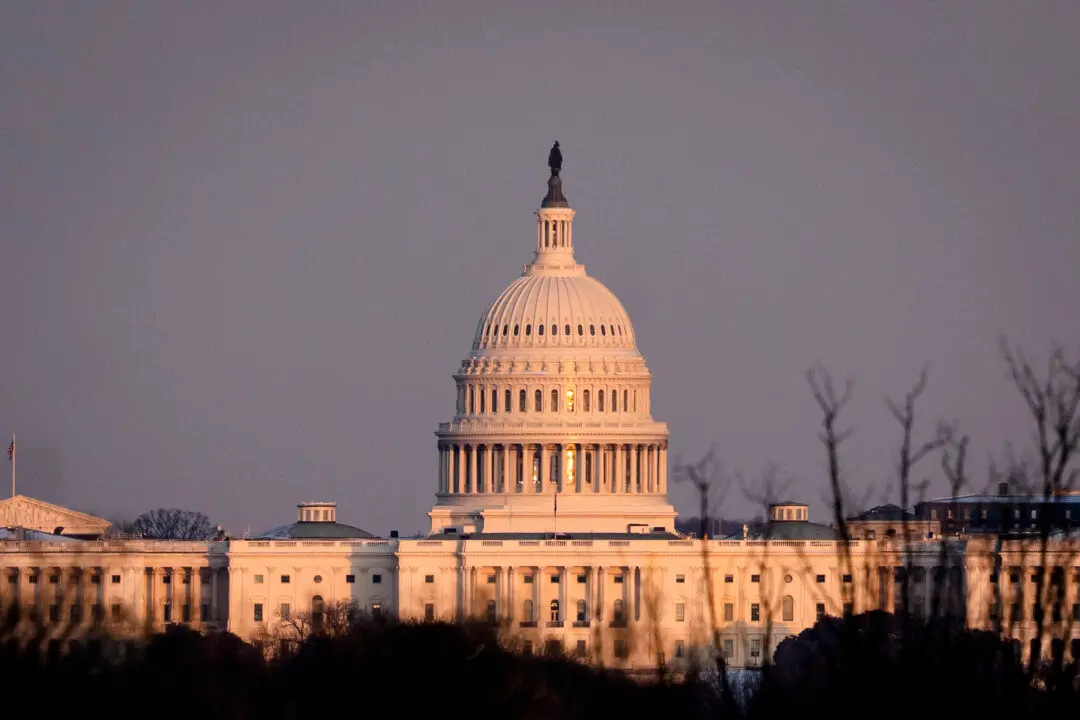Sen. Dick Durbin (D-Ill.) on Tuesday blocked legislation in the Senate that would have strengthened penalties for child porn possession, saying the bill “doesn’t reflect the realities of today.”
The legislation—put forward by Sen. Josh Hawley (R-Mo.) and cosponsored by Sens. Mike Lee (R-Utah), Thom Tillis (R-N.C.), Ted Cruz (R-Texas), and Rick Scott (R-Fla.)—comes after weeks of heated debate over Supreme Court nominee Ketanji Brown Jackson’s track record in sentencing child porn offenders.





